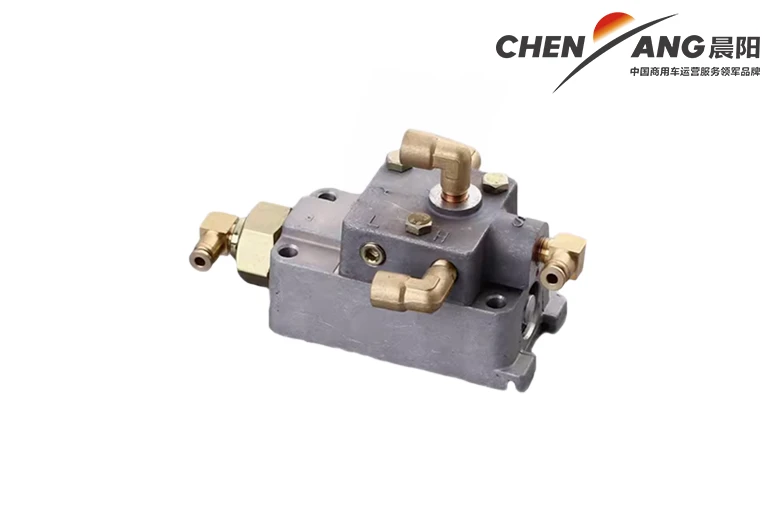Creating Effective Filters for Engine Performance Optimization
Understanding Engine Filters Enhancing Performance and Efficiency
Engine filters play a crucial role in maintaining the performance and longevity of a vehicle's engine. They are designed to trap pollutants, contaminants, and debris that could potentially harm the engine's internal components. By ensuring that only clean air and fluids enter the combustion chamber, engine filters enhance both efficiency and reliability. In this article, we will explore the different types of engine filters, their functions, and the importance of regular maintenance.
Types of Engine Filters
There are three primary types of engine filters that serve specific purposes air filters, oil filters, and fuel filters.
1. Air Filters The air filter is responsible for ensuring that only clean air enters the engine for combustion. It captures dust, dirt, and other particles, preventing them from reaching the engine components. A clogged or dirty air filter can lead to reduced engine performance, decreased fuel efficiency, and increased emissions. Regular replacement of the air filter is essential, especially for vehicles operating in dusty environments.
2. Oil Filters The oil filter removes contaminants from the engine oil, including dirt, metal particles, and sludge. Clean oil is vital for lubricating engine parts, reducing friction, and dissipating heat. A functioning oil filter helps maintain the oil's cleanliness and prolongs its service life. If the oil filter becomes clogged, it can restrict oil flow, leading to engine wear and potential failure. Regular oil changes and filter replacements are critical for engine health.
3. Fuel Filters Fuel filters keep the fuel supply clean by trapping impurities before they reach the engine. Contaminated fuel can cause poor engine performance, misfires, and increased emissions. A clean fuel filter ensures optimal fuel flow and efficiency. Like the other filters, fuel filters need to be replaced at regular intervals to sustain engine performance.
Importance of Regular Maintenance
engine filter

Maintaining engine filters is essential for several reasons
- Enhanced Performance Clean filters ensure that the engine receives the optimal air and fuel mixture for combustion. This leads to improved acceleration, responsiveness, and overall performance.
- Increased Fuel Efficiency A well-maintained air and fuel filter can significantly boost fuel efficiency. When filters are clogged, the engine works harder to draw in air and fuel, leading to increased fuel consumption. Regular replacement can save drivers money at the pump.
- Reduced Emissions Clogged filters can lead to poor combustion, resulting in higher emissions. Keeping filters clean helps vehicles meet environmental regulations and reduces the carbon footprint.
- Engine Longevity Contaminants that bypass filters can cause wear and tear on engine components. Regularly servicing engine filters can minimize the risk of damage, extending the life of the engine.
Conclusion
In summary, engine filters are indispensable components that contribute to a vehicle's overall performance, efficiency, and longevity. By understanding the different types of filters and their functions, vehicle owners can take proactive steps to maintain them. Regular inspections, replacements, and adherence to manufacturer recommendations can lead to significant benefits, including improved fuel efficiency, reduced emissions, and enhanced engine performance. For any vehicle owner, investing in regular maintenance of engine filters can yield substantial returns in terms of reliability and cost savings. Remember, a clean engine is a happy engine!
-
SINOTRUK HOWO 84 Electric Dump Truck for Eco-Friendly Heavy HaulingNewsJul.26,2025
-
The Fast 16-Gear Manual Transmission Assembly for Heavy TrucksNewsJul.25,2025
-
Mercedes Benz Actros 1848 42 Tractor Truck for Sale - Reliable PerformanceNewsJul.24,2025
-
High-Quality Water Pump Assembly for Sinotruk Trucks – Durable & ReliableNewsJul.23,2025
-
Premium Truck Engine Antifreeze Coolant Fluid for Heavy Duty VehiclesNewsJul.22,2025
-
FOTON View G7 Mini Bus: Affordable & Spacious TransportNewsJul.22,2025
Popular products

























